
AI is fueling an explosive rise in fraud and digital identity crime
AI-powered fraud is evolving faster than most organizations can detect it. That’s the message from Proof, the identity authorization company, in its new report, The Trust Ledger: Transaction & Identity Fraud Bulletin.
The research reveals how synthetic identities, stolen credentials, and generative AI are fueling a surge in digital impersonation and fraud across industries.
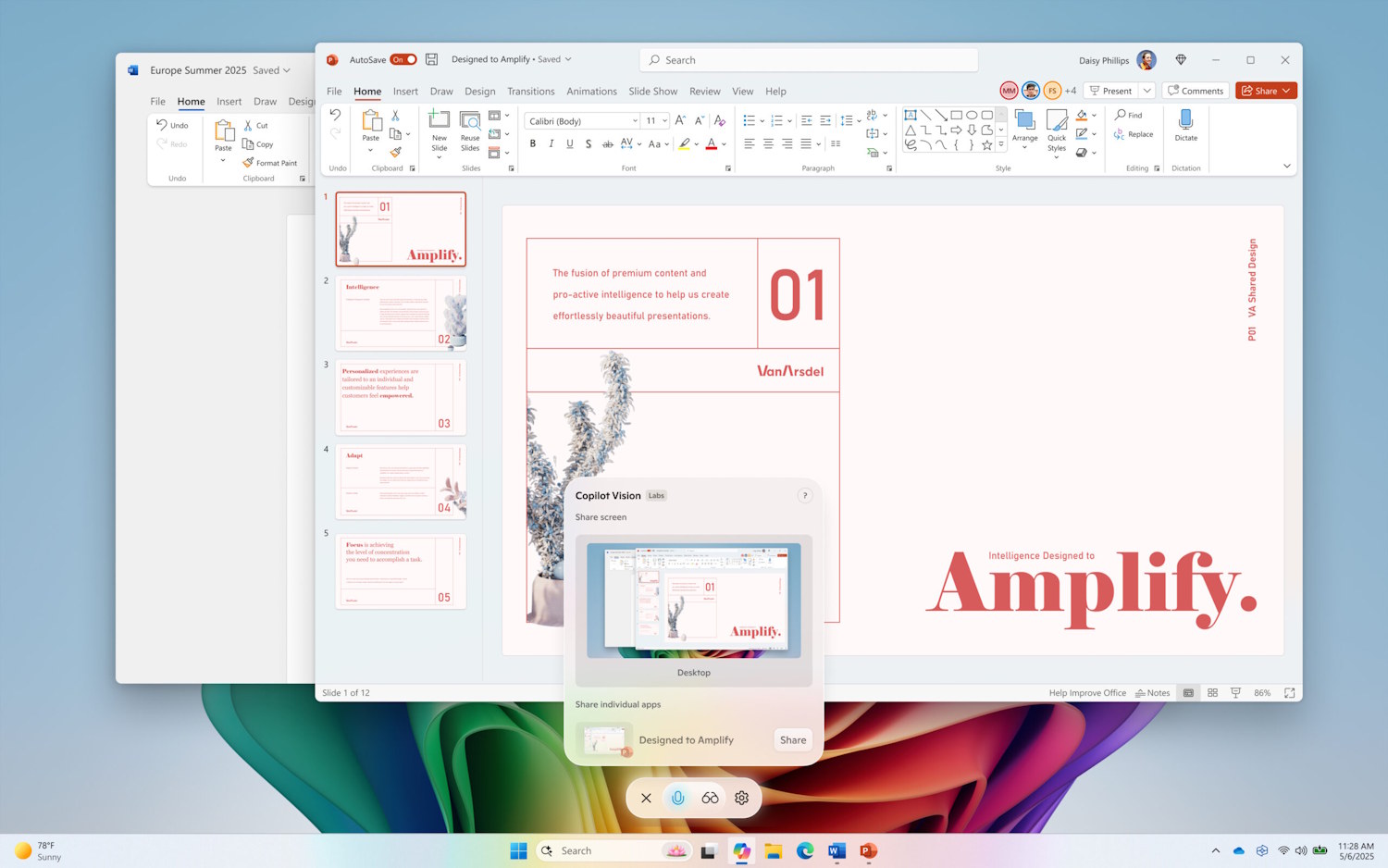
Microsoft rolls out whole desktop sharing to Copilot on Windows 11
Microsoft’s development of Copilot continues apace, and the latest update is one that could prove to be divisive. Windows 11 users signed up to the Windows Insider program are being given a new option in Copilot Vision for Windows – namely the ability to share the entire desktop with the AI tool.
Sharing your desktop in this way means that Copilot Vision for Windows will be able to see everything that is on your screen asnduse it in your interactions. While there are many potential uses for this, the controversy caused by screenshotting desktops with the Recall feature of Windows that was so controversial that Microsoft had to withdraw and rebuild it.
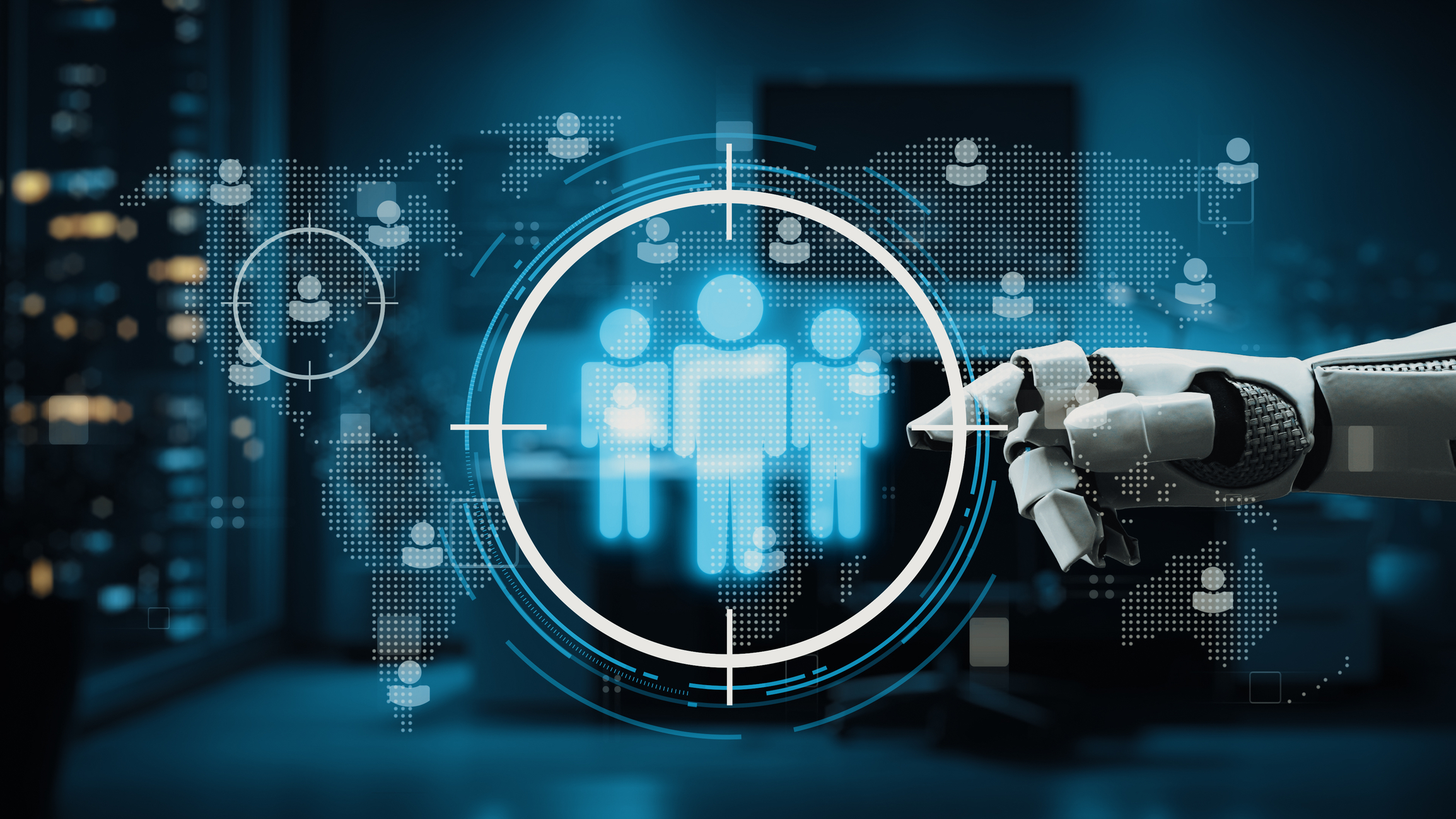
82% of HR professionals use AI, but most lack job-specific training
As AI continues to change the workplace, HR teams are adopting the technology quickly, but many are doing so without the support or training needed to use it effectively.
A new survey from General Assembly shows that 82 percent of HR professionals use AI at work, yet only 30 percent have received training tailored to their roles.

Freepik now offers unlimited AI image generation
There are plenty of genAI options to choose from, and the market for AI image generation is a growing one. With large number of free and paid-for tools vying for attention, standing out from the crowd is hard – and this is why Freepik has just announced unlimited generation of images and video.
This is a unique offering from Freepik, which is already one of the most popular AI image generators available. It marks a change from services that either allow users to generate a limited number of images for free, or force them to buy credits. So what is the catch?

Samsung to bring Galaxy AI to 400 million devices globally by end of the year
Samsung has announced plans to expand Galaxy AI to over 400 million devices worldwide by the end of 2025.
The company says this move builds on a major 2024 milestone when it brought Galaxy AI to more than 200 million devices, starting with the Galaxy S24 series.

Stanford University study finds AI-based therapy has ‘significant risks’
Access to psychotherapy remains something that many people cannot afford, so it is hardly surprising that increasing numbers of people are turning to AI therapists for help.
It is not just cost that attracts people to seek therapy from artificial intelligence. Demand for therapy is high and waiting lists can be long. There are also considerations such as the difficulties some clients face accessing the help they seek because of living in a remote location, or having an unreliable internet connection. The persistent stigma associated with seeking therapy can also serve as an obstacle that stands in the way of people reaching out to a qualified, human therapist.

This ergonomic AI mechanical keyboard is built for modern productivity
Adesso has launched a mechanical keyboard that combines ergonomic comfort with direct AI access via a built-in hotkey that allows users to access tools like Microsoft CoPilot or similar platforms.
It is designed to help streamline tasks like coding, writing, or content creation. The hotkey connects users to AI-powered suggestions and completions instantly, without needing to launch separate software.

Half of Americans think AI is a threat, the other half don't. Who's right?
As artificial intelligence moves from tech circles into daily life, Americans are sharply divided over what it means for the future.
A new Gallup survey finds that 49 percent of U.S. adults see AI as “just the latest in a long line of technological advancements that humans will learn to use to improve their lives and society.”

YouTube is fighting AI slop with new monetization guidelines
YouTube has become overrun with mass-produced content generated by artificial intelligence. Known as AI slop, such content has spread cancerously across the video platform as pseudo creators seek to make a quick buck.
Now Google has had enough. Seeking to de-incentivize the creation of such content, it is updating YouTube policies so that it will be much more difficult to make money from AI slop.
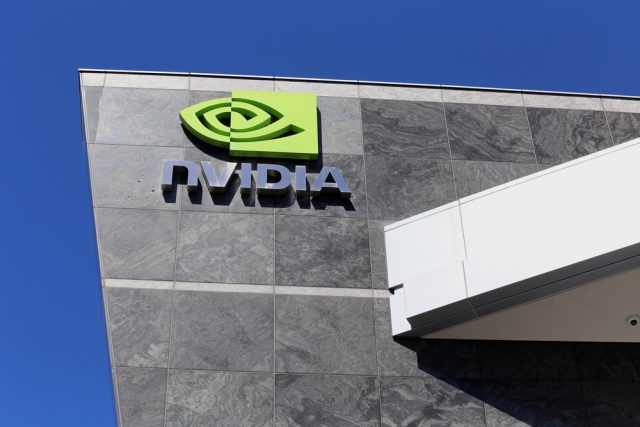
Nvidia becomes world’s most valuable public company at $4 trillion
Nvidia has become the world’s first public company to hit a $4 trillion market valuation, marking a major milestone in the tech and finance industries.
Reuters reports the tech giant’s shares climbed to a record high of $164 on Wednesday, driven by continued investor enthusiasm around AI and its dominant role in powering that growth.
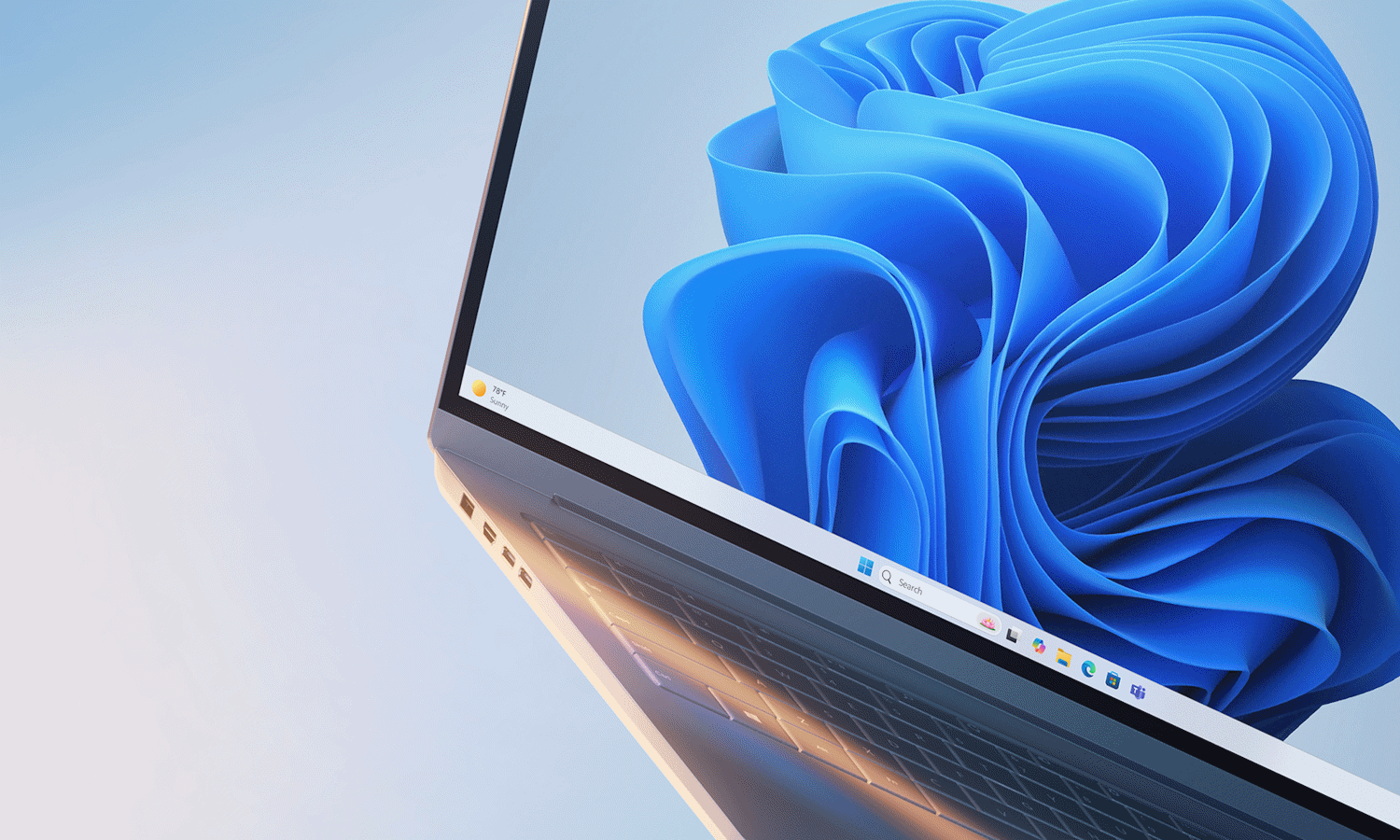
Microsoft adds features and boosts Windows 11 security with KB5062553
Microsoft has released the KB5062553 update for Windows 11 24H2. Billed primarily as a security update for the operating system, it is actually more than that – much more.
As is the case with Microsoft’s monthly security updates, it also includes the non-security improvements, fixes and additions that were previewed last month. One of the key new arrivals here is the new PC-to-PC migration experience which uses the Windows Backup app to ease the process of moving to a new computer.

AI is quietly taking over enterprise cybersecurity -- this is what you need to know
AI is reshaping how companies protect themselves against cyber threats, according to new research from ISG Software Research.
Enterprises are building layered cybersecurity defense systems that combine access controls, endpoint monitoring, and data recovery, and artificial intelligence is helping these systems adapt faster and work more effectively.
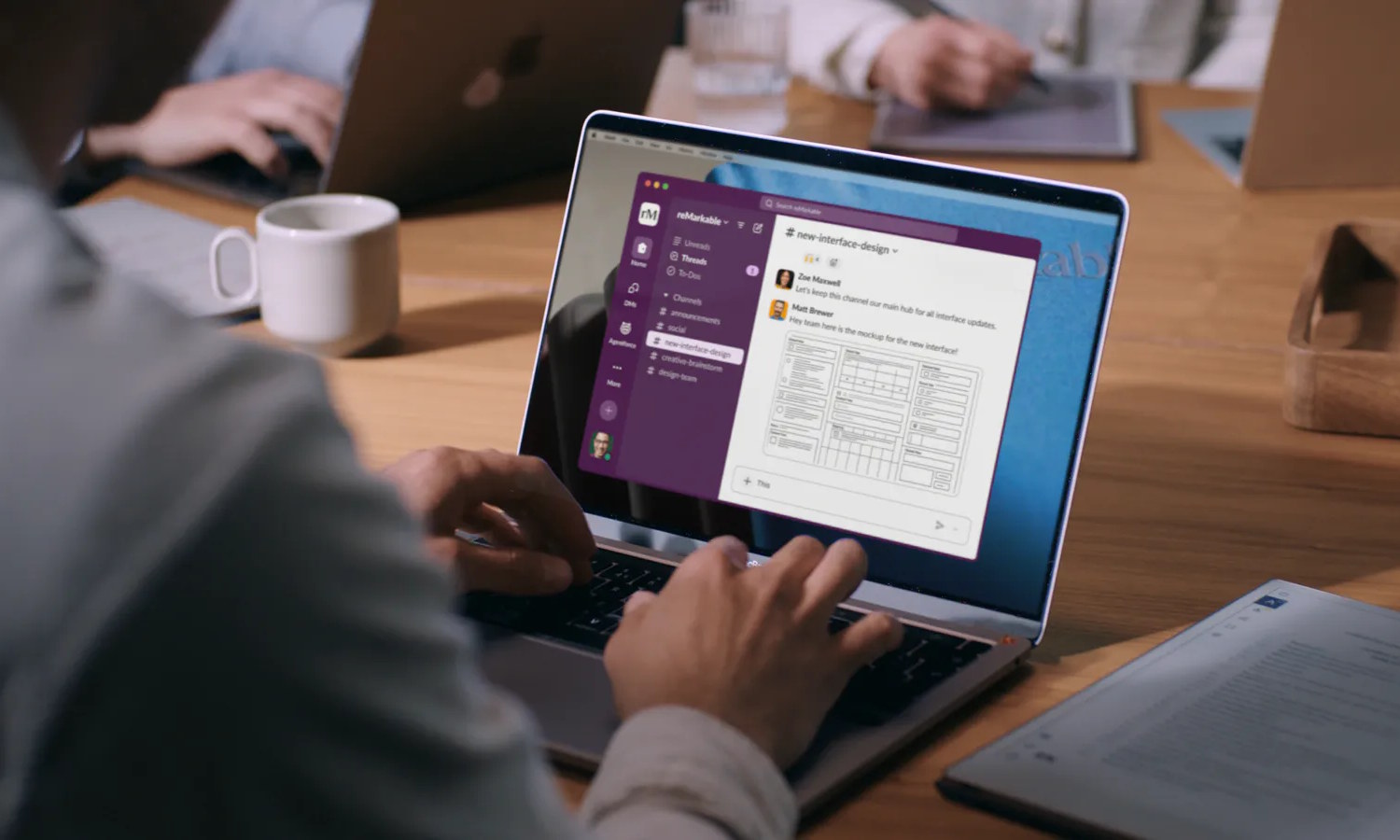
AI-powered integration between Slack and reMarkable boosts workflow
reMarkable paper tablets have carved themselves a special place in the workplace, giving users a way to take handwritten notes and have them quickly converted into editable text. Now a newly announced partnership means that it is possible to send notes and documents straight from a reMarkable tablet to Slack to optimize workflow.
The new integration serves as an important bridge between reMarkable’s innovative e-paper tablets and the popular collaboration and messaging platform. The ability to send notes, sketches, diagrams and more directly to Slack will help boost productivity and enhance workflow by eliminating the need to fall back on emails, or clunky document transfer methods.

Microsoft announces another round of layoffs as it plows money into AI
Microsoft plans to further reduce its global workforce, having already trimmed back on employee numbers several times this year.
The company is yet to provide exact details of the number of people affected by the latest round of layoffs, and it has also not revealed which divisions are to be hit. Microsoft has confirmed, however, that the cutbacks represent less than 4 percent of its workforce, leading to estimates of around 9,000 layoffs.

X turns to AI-powered bots to write Community Notes to clarify posts
X has announced the latest addition to Community Notes as the social platform seeks ways to replace third-party fact checkers. The company is giving developers the option of building AI bots that can write notes that provide further details, clarity and context for posts.
The AI Note Writers are not being allowed to run completely free, however. X says that the aim of the AI Note Writer API is to help humans rather than replace them, pointing out that the bots “must earn the ability to write notes, and can gain and lose capabilities over time”.
